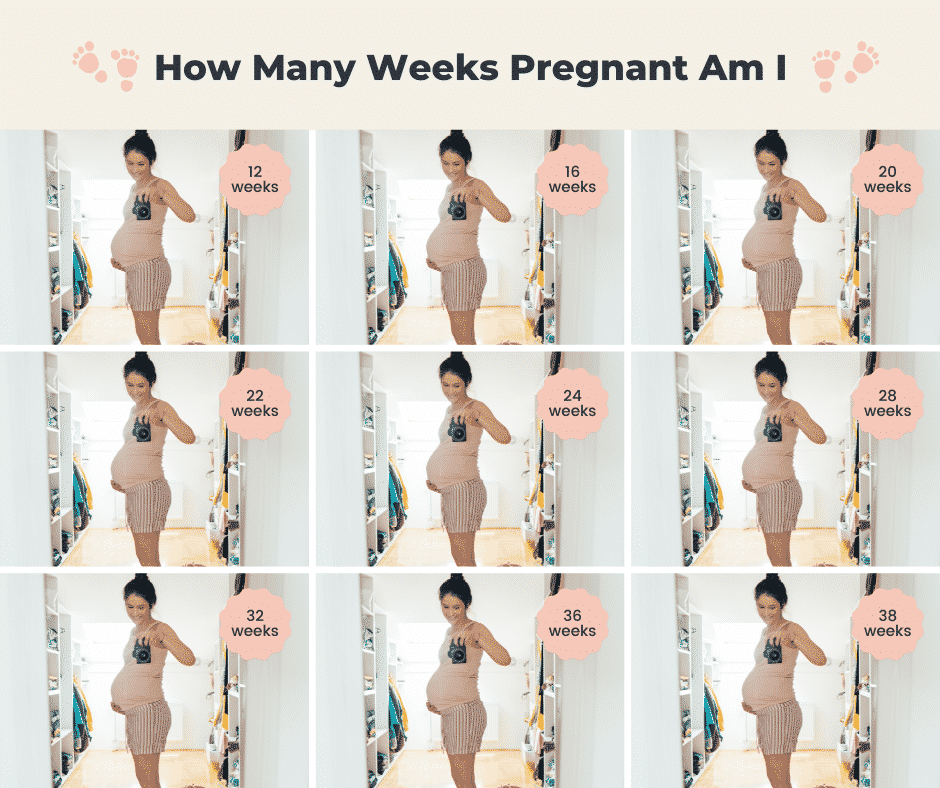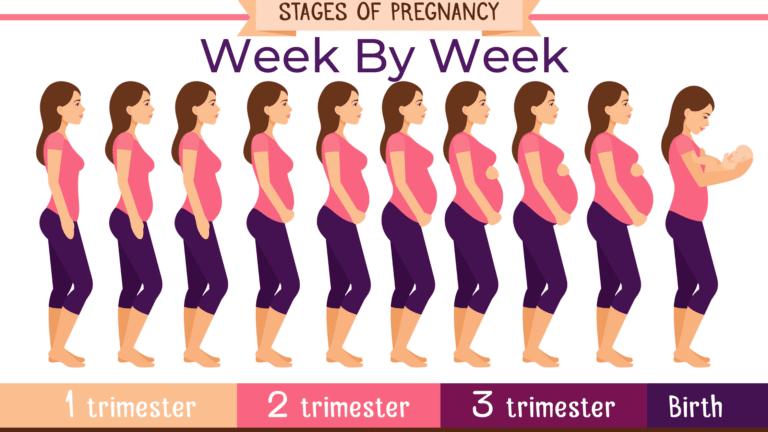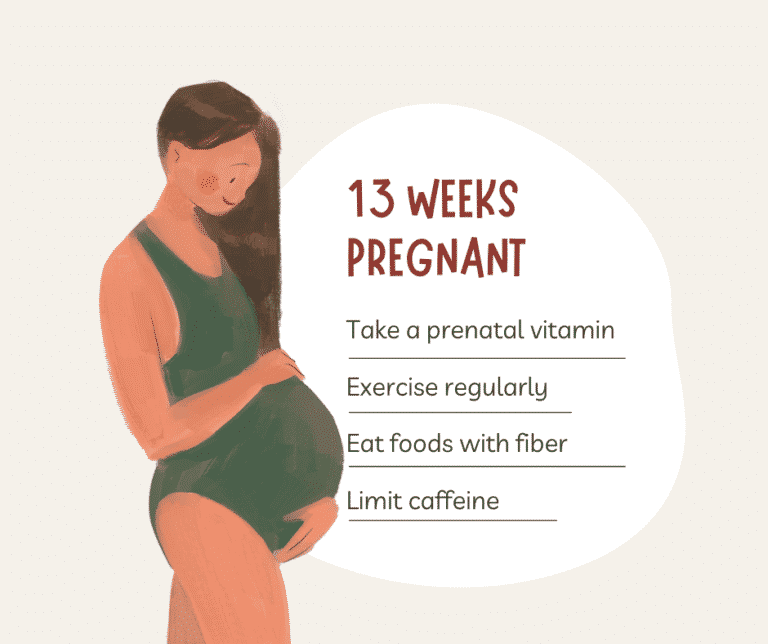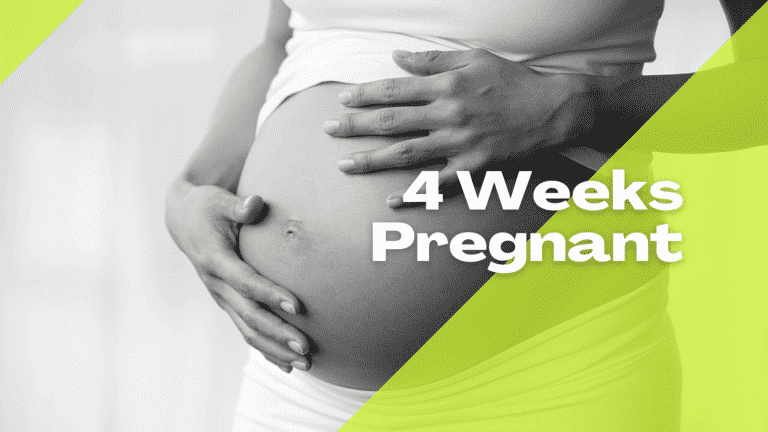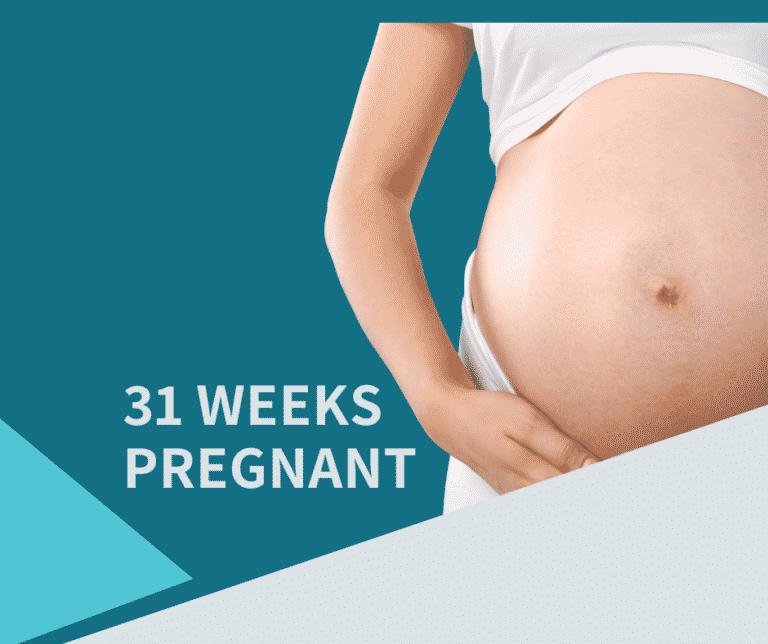How Many Weeks Pregnant Am I? Due Date Calculator on Last Menstrual Period
Published on April 12, 2022 – Last Updated on April 13, 2022
If you’re like most moms-to-be, you probably want to know how far along you are in your pregnancy. And if you’re trying to calculate your due date, you’ll need to know the date of your last menstrual period. Luckily, there’s an easy way to do both – with the help of an online calculator.
Just enter in some basic information, and voilà! You’ll have all the answers you need. So if you’re curious about how many weeks pregnant you are or when your baby is likely to arrive, check out this handy tool. It could come in handy during those early months of pregnancy when everything is still a guessing game!
How to calculate your due date
There are two ways to calculate your due date. The first is by counting from the first day of your last period. This method is most accurate if you have a regular menstrual cycle and you know the exact date of your last period. However, if your cycle is irregular, or you’re not sure of the date of your last period, you can use the second method: an ultrasound.
An ultrasound can accurately pinpoint the date of conception, and from there, your healthcare provider can calculate your due date. However, regardless of which method you use, it’s important to remember that due dates are only an estimate. Most babies are born between 38 and 42 weeks, so even if your due date is calculated to be earlier or later than that, there’s a good chance your baby will arrive around the same time as most other babies.
Pregnancy Due Date Calculator: Estimated Due Date Based on Your Last Period
Pregnancy due date calculators, are a great way to estimate when you are due. With our Pregnancy Due Date Calculator, you can enter the first day of your last period, and we will estimate your due date. The Pregnancy Due Date Calculator is just an estimate, so be sure to talk to your doctor about your due date. If you have any questions about the Pregnancy Due Date Calculator or anything else related to pregnancy, be sure to ask your doctor. Thanks for using our Pregnancy Due Date Calculator!
So how many weeks pregnant am I? Use the due date calculator below by inserting the first day of your last menstrual period (LMP):

Conception Date Pregnancy Calculator
Conception Date Pregnancy Calculator is a free online tool that can help you to calculate your estimated due date (EDD). You need to enter the first day of your last period, and the Conception Date Pregnancy Calculator will do the rest. The Conception Date Pregnancy Calculator is based on an algorithm developed by obstetricians and is more accurate than other calculation methods, such as using the date of ovulation.
MindTastik.com also offers a Conception Date Probability Calculator, which can help you to determine the probability of conceiving on specific days during your cycle. In addition, ConceptionDate.com offers a range of other free online tools, including a due date calculator and ovulation calculator. Whether you are trying to conceive or are already pregnant, we hope you find these tools helpful!
What is a menstrual cycle, and how does it work
The menstrual cycle is the series of changes that happen in a woman’s body in preparation for the possibility of pregnancy. Each month, one of the ovaries releases an egg that travels down the fallopian tube. At the same time, the lining of the uterus thickens in case a sperm fertilizes the egg. If fertilization doesn’t occur, the egg and the lining of the uterus are shed during menstruation. The menstrual cycle length can vary from woman to woman, but it is usually between 21 and 35 days. The first day of bleeding is counted as day one of the cycles.
There are four main phases of the menstrual cycle:
- The follicular phase: This is the first phase of the cycle, and it starts on the first day of your period. The egg is released from one of the ovaries and begins to travel down the fallopian tube. At the same time, the uterus lining starts to thicken in preparation for pregnancy.
- Ovulation: This is the second phase of the cycle, and it usually happens around day 14. The egg is released from the ovary and begins to travel down the fallopian tube.
- The luteal phase: This is the third phase of the cycle, and it starts after ovulation. If the egg is not fertilized, it will be shed with the uterus lining during menstruation. If the egg is fertilized, it will implant itself in the uterus lining, and pregnancy will begin.
- Menstruation: This is the fourth and final phase of the cycle. It usually lasts between three and seven days. The egg is shed with the uterus lining if it has not been fertilized.
Pregnancy symptoms every woman should know about
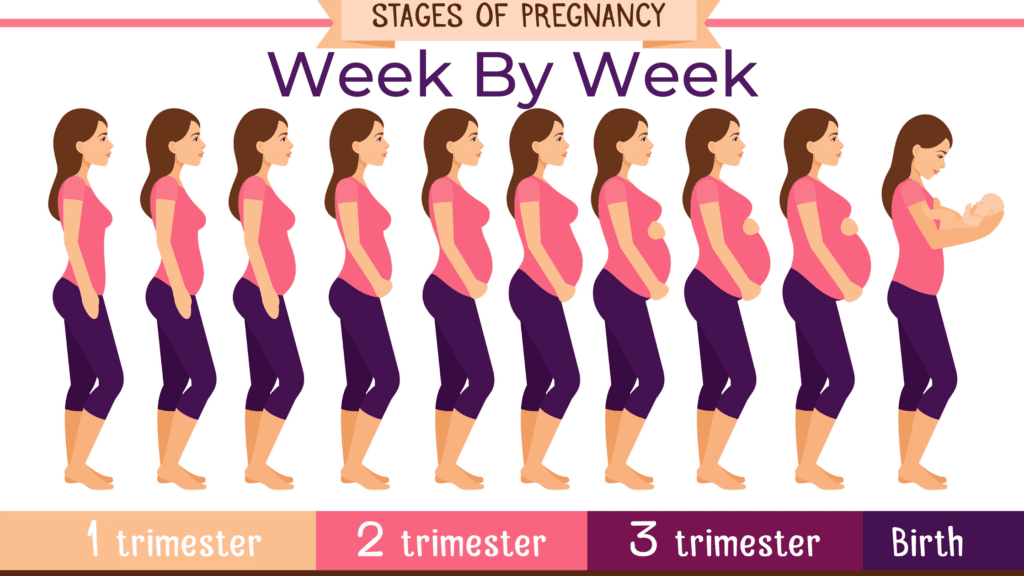
Pregnancy symptoms can vary from woman to woman and even from pregnancy to pregnancy. However, some symptoms are more common, and every pregnant woman should be aware of them.
One of the early signs of pregnancy is a change in basal body temperature. This is your body’s temperature at rest, and it can be measured using a special thermometer. Basal body temperature usually rises during ovulation, and if it remains high for 18 days or more, it may be a sign that you are pregnant. Another common symptom changes in your breasts.
They may become larger or more tender, and you may notice darker pigmentation around the nipples. You may also experience more frequent urination, fatigue, and nausea as your pregnancy progresses. These are just some of the pregnancy symptoms, so if you think you may be pregnant, it is essential to see a doctor or take a home pregnancy test.
Gestational Age
Gestational age is the number of weeks that pregnancy has lasted. It is usually calculated from the first day of the woman’s last menstrual period. However, ultrasound can also estimate gestational age, which is more accurate in early pregnancy. Gestational age is essential because it assesses the due date and monitors the baby’s growth.
Babies born before 37 weeks are considered premature, and they may have higher risks for certain health problems. Gestational age should not be confused with fetal age, which is the actual number of weeks that the baby has been developing in the womb. Gestational age is just one factor that is used to assess the health of a pregnancy.
IVF Transfer Date Due Date Calculation
IVF Transfer Date Due Date Calculation can be a tricky process. Many factors need to be considered when trying to calculate an IVF Transfer Date Due Date. Some of these include the length of the IVF cycle, the medications used during IVF, and the patient’s age. In addition, it is essential to consider the development of the embryo during IVF.
All of these factors can impact the IVF Transfer Date Due Date calculation. As a result, it is crucial to work with a professional who can help you navigate this process. With their help, you can ensure that you have the best chance possible of having a successful IVF cycle.
Conclusions
We hope you found our post on how to calculate your due date helpfully. Our pregnancy due date calculator is based on the last menstrual period and gives you a reasonable estimate of when your baby will be born. Let us know what you think about our calculator, and leave any questions you have in the comments section below. We love hearing from our readers, and we’re always happy to help!
Pregnancy Calendar: How Many Weeks Pregnant Are You?
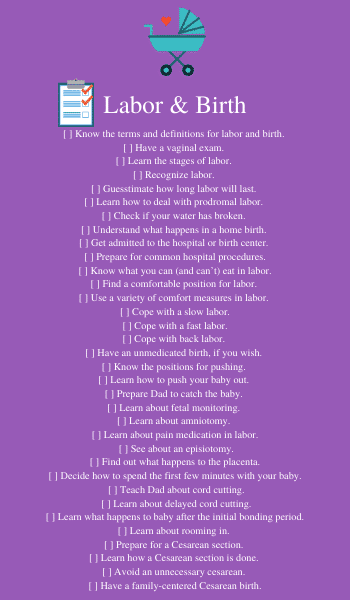
- 1 Week Pregnant
- 2 Weeks Pregnant
- 3 Weeks Pregnant
- 4 Weeks Pregnant
- 5 Weeks Pregnant
- 6 Weeks Pregnant
- 7 Weeks Pregnant
- 8 Weeks Pregnant
- 9 Weeks Pregnant
- 10 Weeks Pregnant
- 11 Weeks Pregnant
- 12 Weeks Pregnant
- 13 Weeks Pregnant
- 14 Weeks Pregnant
- 15 Weeks Pregnant
- 16 Weeks Pregnant
- 17 Weeks Pregnant
- 18 Weeks Pregnant
- 19 Weeks Pregnant
- 20 Weeks Pregnant
- 21 Weeks Pregnant
- 22 Weeks Pregnant
- 23 Weeks Pregnant
- 24 Weeks Pregnant
- 25 Weeks Pregnant
- 26 Weeks Pregnant
- 27 Weeks Pregnant
- 28 Weeks Pregnant
- 29 Weeks Pregnant
- 30 Weeks Pregnant
- 31 Weeks Pregnant
- 32 Weeks Pregnant
- 33 Weeks Pregnant
- 34 Weeks Pregnant
- 35 Weeks Pregnant
- 36 Weeks Pregnant
- 37 Weeks Pregnant
- 38 Weeks Pregnant
- 39 Weeks Pregnant
- 40 Weeks Pregnant
- Birth Plan
- Baby Due Date Calculator
- EDD Calculation

